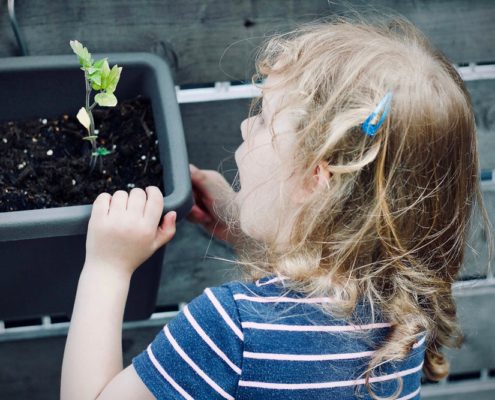 https://www.standrewsmontessori.com/wp-content/uploads/2024/03/100Board.jpg
881
1200
StAndrewsBoss1
https://www.standrewsmontessori.com/wp-content/uploads/2017/03/st-andrews-header-1.jpg
StAndrewsBoss12024-04-25 13:11:152024-03-25 13:18:35Mathematics: 100 Board
https://www.standrewsmontessori.com/wp-content/uploads/2024/03/100Board.jpg
881
1200
StAndrewsBoss1
https://www.standrewsmontessori.com/wp-content/uploads/2017/03/st-andrews-header-1.jpg
StAndrewsBoss12024-04-25 13:11:152024-03-25 13:18:35Mathematics: 100 BoardWhat is Montessori?
Montessori is an approach to early education that focuses on the immense capacity of children to absorb information when given the freedom and independence to learn at their own pace.
It was developed by Maria Montessori, whose desire to help children was so strong that she gave up both her university chair and medical practice to work with a group of 60 young children belonging to working parents in the San Lorenzo district of Rome. It was during this time that Montessori observed children’s effortless ability to absorb knowledge from their surroundings, as well as their tireless interest in manipulating materials.
Children teach themselves – is the crux of Montessori philosophy. This simple but profound truth inspired Maria Montessori’s lifelong pursuit of educational reform, methodology, psychology, teaching and teacher training – all based on her dedication to furthering the self-creating process.
The work of Maria Montessori lives on through the Association Montessori Internationale (AMI), the organisation she founded in Amsterdam, Netherlands, in 1929.
Significant ideas that form part of the Montessori approach:
- A child’s early years, from birth until 6 years of age, is the period when he or she has the greatest capacity to learn and the greatest appetite for knowledge.
- The Montessori approach stems from a number of fundamental beliefs, that all children:
- Are unique individuals
- Have immense potential
- Want to learn and be busy
- Do not learn and experience life in the same way as adults do.
- Children are capable of much more than we usually believe.
- Montessori focuses on six core areas of learning:
- Practical life
- Sensorial
- Language
- Mathematics
- Cultural
- Creative activities.
What Makes Montessori Different?
Montessori addresses a range of learning and experience that is far broader than any state-prescribed curriculum. It focuses on the importance of process, as opposed to active instruction and control from adults. There is a great level of trust placed in a child’s own inner abilities and Montessori schools are thus learner-centred rather than teacher-centred.
Adults often impose unrealistic schedules, expectations and ambitions, with the best of intentions, on children and the result is disharmony, dissatisfaction, irritability and poor behaviour, both in the classroom and at home. Montessori methodology gives children the freedom to make choices and to pursue them without interruption. Children learn from one another; younger children learn by watching and listening to older children, and older children learn through guiding and teaching the little ones. The Montessori approach encourages children of all ages to work together as a social group. This encourages them to respect the choices of those around them, and to take pleasure in their own accomplishments.
The learning materials provided by Montessori schools are all carefully designed to help children understand where they may have gone wrong and to work out ways of correcting themselves without being ‘told’ how to do so. Free from tests, benchmarks and competitive pressures children tend to excel, driven by their own thirst for knowledge.
The Montessori learning approach is learning for life: Montessori provides the building blocks for future learning by hardwiring a child’s capacity to engage with new material and information, and providing the tools with which to manipulate it.







